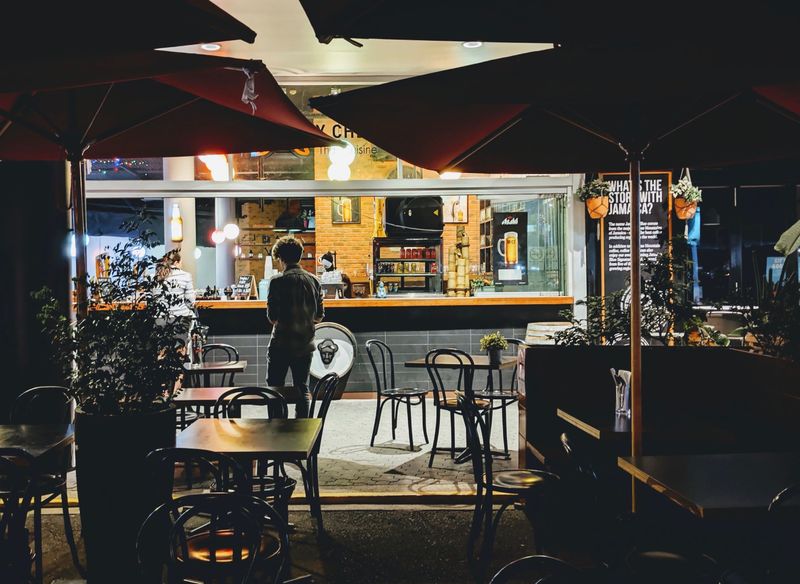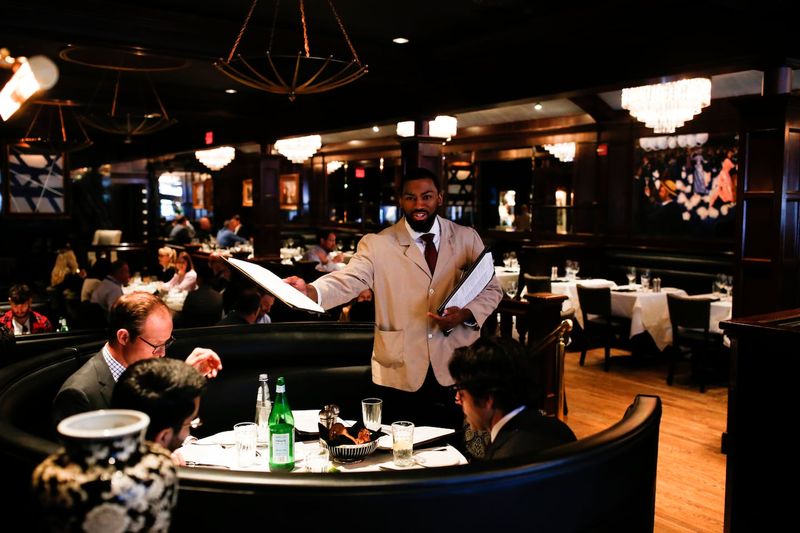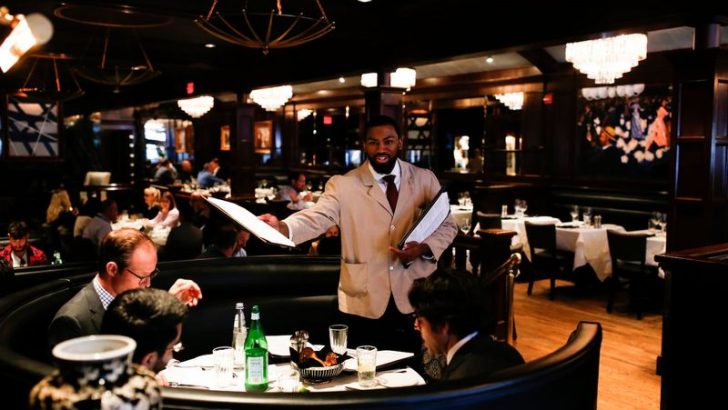Working as a waiter is a challenging job that requires patience, multitasking, and excellent customer service skills. However, sometimes customers make the job unnecessarily difficult with certain behaviors. Here are ten things that waiters dislike when they happen repeatedly.
1. Snapping Fingers to Get Attention

In the hustle and bustle of a restaurant, waiters are constantly moving from table to table. Unfortunately, some patrons resort to snapping fingers to capture their attention. This gesture is often perceived as disrespectful and condescending.
Most waitstaff are trained to notice when customers need assistance, so snapping is rarely necessary. A simple smile or eye contact is usually enough to get their attention.
Remember, waiters are people too and deserve respect. Being patient and polite can significantly improve the dining experience for everyone involved.
2. Letting Kids Run Wild

Restaurants aren’t playgrounds, yet some parents let their children run amok, creating chaos. This behavior poses a risk to both the children and the waitstaff, who may be carrying hot dishes or sharp objects.
Managing a busy floor is challenging enough without the added obstacle course of little ones darting around. Parents should ensure their children remain seated and occupied.
Providing them with coloring books or engaging them in conversation can help maintain order. A little parental control goes a long way in ensuring a pleasant dining atmosphere.
3. Arriving Right Before Closing

Though restaurants list closing times, some patrons arrive just minutes before the doors shut. This can be frustrating for servers ready to end their shifts.
Latecomers often mean delays in cleaning and organizing, extending the workday.
It’s courteous to arrive well before closing, allowing staff to serve without the pressure of the clock ticking.
Being considerate of the restaurant’s hours demonstrates respect for both the establishment and its employees.
4. Tipping Poorly or Not at All

Tipping is a significant part of a waiter’s income, yet some diners neglect this crucial aspect. In many places, servers rely on tips to supplement low hourly wages.
Failing to tip can feel like a slap in the face after providing good service.
Understanding the tipping norms and practicing generosity reflects appreciation for the effort waitstaff put in to enhance dining experiences.
Leaving a thoughtful tip can brighten a waiter’s day, acknowledging their hard work and dedication.
5. Changing Orders Multiple Times

Frequent changes to orders can disrupt the flow of service, causing confusion and delays in the kitchen. When customers change their minds multiple times, it adds unnecessary complexity.
Waiters are trained to be accommodating, but excessive alterations can be frustrating.
Being decisive when ordering helps streamline the process, ensuring timely service and accurate meals.
It’s considerate to have a clear idea of what you want before signaling the server. This way, everyone wins – the kitchen, the server, and you.
6. Complaining About Prices

Price complaints often put waiters in an awkward position, as they have no control over menu pricing. Despite understanding budget concerns, servers can only listen empathetically.
Engaging in such discussions wastes time that could be spent attending to other guests. If prices are an issue, diners should consider different establishments.
Appreciating the meal and service, rather than focusing on cost, creates a more enjoyable experience for everyone.
Valuing quality over price can lead to a more satisfying dining outing.
7. Taking Forever to Order

Indecision can be a waiter’s nemesis, especially during peak hours. Lingering over menu choices causes delays, affecting the server’s ability to manage multiple tables efficiently.
Patrons should aim to decide swiftly, respecting the waitstaff’s limited time. Keeping the dining flow smooth benefits both the staff and other guests.
A well-prepared diner contributes to a seamless dining experience, allowing waiters to provide the best possible service without unnecessary hold-ups.
8. Ignoring the Waiter

In the age of smartphones, it’s common to see diners more engaged with their screens than their surroundings. Ignoring waitstaff when they approach is not only rude but also hinders efficient service.
A simple acknowledgment goes a long way in fostering a positive interaction. After all, communication is key in ensuring orders are correct and timely.
By being present and attentive, diners can enjoy their meals fully and help staff perform their duties effectively, creating a satisfying experience for everyone.
9. Hogging the Table After Meals

Lingering at a table long after finishing a meal can hinder a restaurant’s ability to serve new guests. For waiters, this means a delay in turning tables, affecting potential earnings.
Restaurants rely on a steady turnover to accommodate all diners, especially during busy times.
Being considerate of others waiting for a table can enhance the overall dining atmosphere.
Once your meal is concluded, it’s thoughtful to vacate so others may enjoy the space.
10. Making Personal Calls at the Table

Loud phone conversations can disrupt the dining experience for both guests and servers. Personal calls at the table can create an uncomfortable atmosphere, preventing others from enjoying their meals.
Respecting the shared space of a restaurant is crucial. Keeping phone calls short or stepping outside can maintain the ambiance for everyone.
Being mindful of noise levels contributes to a pleasant environment, fostering goodwill among diners and staff alike.

Well, hello there!
My name is Jennifer. Besides being an orthodontist, I am a mother to 3 playful boys. In this motherhood journey, I can say I will never know everything. That’s why I always strive to read a lot, and that’s why I started writing about all the smithereens I came across so that you can have everything in one place! Enjoy and stay positive; you’ve got this!

